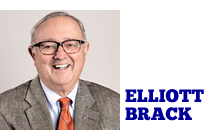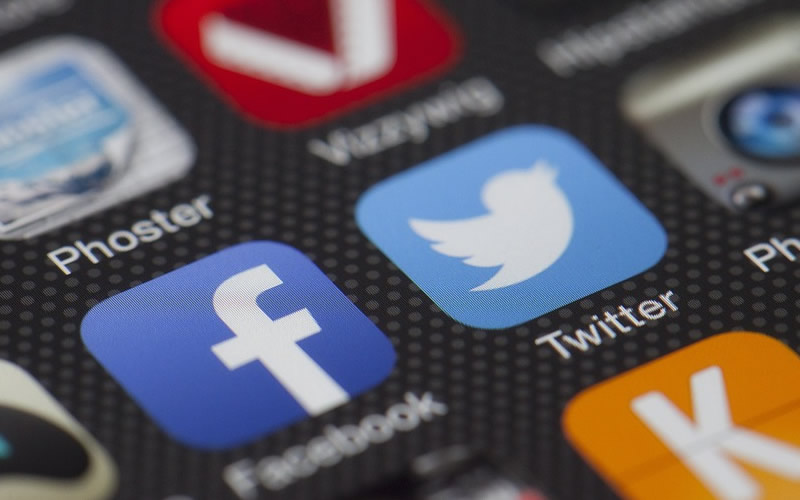By Elliott Brack
Editor and Publisher, GwinnettForum
NOV. 5, 2019 | Hurrah for Twitter!
 This high-tech company seems to have its head screwed on right for a change, as it announced a coming ban on all political advertisements on its site. It is doing this while still allowing political comment from its subscribers to continue, as long as it is not paid content.
This high-tech company seems to have its head screwed on right for a change, as it announced a coming ban on all political advertisements on its site. It is doing this while still allowing political comment from its subscribers to continue, as long as it is not paid content.
The president of Twitter, Jack Dorsey, is banning manipulated video attempts to spread misinformation. Dorsey feels such paid advertising presents challenges to civic discourse, “all at increasing velocity, sophistication and overwhelming scale.”
In this ever-increasing complex technical world, it’s apparent that the technology is ahead of the consumption, and that the viral use of the Internet needs some curbs, just as our highways have speed limits for our personal safety. The Internet needs limits on what people can throw out on it, again for our personal safety.
Falsehoods spread in print is libel. In free speech, falsehoods are slander. On the Internet, falsehoods seem to have no limits, nor are they punishable.
The comments by the Twitter chief is in sharp contrast to the stance taken by Mark Zuckerberg, founder of Facebook. In testimony before Congress, he said he would continue to allow politicians to run advertisements on Facebook, even false claims. He said he felt such claims were free expressions, and that paid political advertisements were newsworthy.
Mr. Zuckerberg comes down on the side of total freedom of expression, never seeming to realizing it was his delivery concept that propelled Facebook to its high importance today, and that he has blame. He seems not to want to take any responsibility for messages on its site, even though the message may be false, misleading and downright mean. Yet it is this site that he developed which is delivering such banal pronouncements. Indeed, there should be some limits on what he is sending out, especially since other people are taking advantage of the lack of limits of oversight on his platform.
We immediately think back to the people who gave this country our tradition of free speech, our Founding Fathers. They never could have been able to conceive of the myriad ways we have to communicate today at lightning speeds. For they provided us with the First Amendment and other rights, must be taken into account when any communication issue is discussed.
Yet there is a great distance between the concepts of free press and free speech, and today’s current methods of communication, where these free concepts can be distorted into something entirely different from what was intended. What would Founding Father have thought that some politician in America’s future would intentionally put forward deliberate falsehoods as real, in an effort to propel an idea or to muddy understanding?
Let’s allow ethics to enter the picture. Would Mr. Zuckerberg accept advertising that he knew was false, just to make a buck on it? What kind of person would do that? Yet ethical considerations seldom seem to arise in this new technical world.
How Internet companies can police misleading advertising is something we can’t envision. Yet through their own devices, replete with logarithms, there should be ways to do this. Let the smart people figure this out, and we are confident they can.
Meanwhile, we are thankful for Jack Dorsey and Twitter for making this stand, which is the right thing to do. Not enough top high-tech executives are designing means to halt such problems, nor speaking out. We encourage them to step forward with pronouncements which can “make America great again.”
- Have a comment? Send to: elliott@brack.net










Follow Us